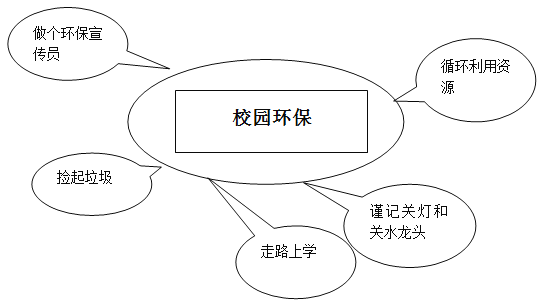题目内容
【题目】It has become the modern substitute of glancing at your watch—the furtive(偷偷的)look at a phone screen to check for new messages or have a quick look at Facebook. Researchers have now found why we often feel such a strong urge to glance at our handset. Using your mobile, they say, is easily affected by other people.
A University of Michigan team says people are twice as likely to pull out their phones to check their messages or emails if they’re with someone who has just done the same. It also found that females were more likely to use their mobile than men because it was more ‘consistent’ with the daily lives of women.
The team watched students in dining halls and coffee shops around campus, observing pairs of students sitting at tables for as long as 20 minutes and recorded their cellphone use at 10-second intervals.
“What we found most interesting was just how often people were using their mobile phones,” Dr Daniel Kruger, the study’s co-author, said. “Every person we observed used his/her phone at least once while one woman was on hers about half of the time. You may see others checking their incoming messages and be encouraged to check your own. ’’
Overall, the students used their cellphones in an average of 24 percent, the researchers found. But they were significantly more likely to use their phones (39.5 percent) when their companion had just done so in the previous 10-second interval than without the social clue, the researchers said, adding that this behavior was often repeated.
Cell phones create an alternative way for one’s attention and may both promote and interrupt ongoing social activities, the researchers wrote.
Kruger believes this pattern could be related to the effects of social acceptance and rejection. If one person in a pair engages in another conversation through their phone, his or her companion may feel rejected. That companion then might be forced to connect with others from outside so as not to feel left out.

【1】People’s strong desire to check their messages partly results from ___________.
A. the same behavior of other people
B. the new messages of their handsets
C. the update service of Facebook
D. the modern substitute of their watches
【2】How might one feel when his companion is busy checking messages?
A. Relaxed. B. Ashamed. C. Ignored. D. Surprised.
【3】The underlined part “this behavior” in Paragraph 5 refers to _______________.
A. receiving social clues
B. using the cellphones
C. joining in activities
D. engaging in conversations
【4】Which of the following can be the best title of the passage?
A. Social Acceptance and Rejection
B. Females Use Mobiles More than Men
C. How Do People Check Messages?
D. Cellphone Use Is Spreading
【答案】
【小题1】A
【小题2】C
【小题3】B
【小题4】D
【解析】
试题分析:本文是一篇日常生活类文章,讲述了日常生活中一种常见的现象:使用手机。这里研究了使用手机是否会有传染性。研究人员发现,使用手机是有传染性的。一个人使用手机的同时,周围的人也会不自觉地掏出手机看看。
【小题1】A细节理解题。由第一段Using your mobile,they say,is easily affected by other people.和第二段可以看出:当周围有人用手机时,即便你没事也要检查手机短信或邮件的可能性会增加一倍。这是因为我们受到了别人的影响,因此我们会做同样的事情。故选A。
【小题2】C推理判断题。最后一段If one person in a pair engages in another conversation through their phone,his or her companion may feel rejected.That companion then might be forced to connect with others from outside so as not to feel left out.告诉我们:如果两个人在一起,其中一个在打电话,那么同伴就会感到自己被排斥了,为了自己不遭冷落,他就会强迫自己掏出手机与别人联络。故选C。
【小题3】B细节理解题。从倒数第三段划线部分上下文可知:研究者发现,若旁边有同伴在未收到任何社交信号的情况下用手机的话,那另外一人使用手机的频率则会大幅增加。因此,“his behavior”指的是“using the cell phones”。故选B。
【小题4】D主旨大意题。综合全文可以得出结论:使用手机也会传染,当看到别人收发短信时,也会不自觉地掏出手机。告诉我们人们在一起的时候,使用手机的行为是会被传染的。故选D。

 天天向上一本好卷系列答案
天天向上一本好卷系列答案 小学生10分钟应用题系列答案
小学生10分钟应用题系列答案



